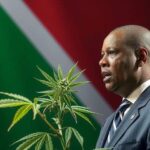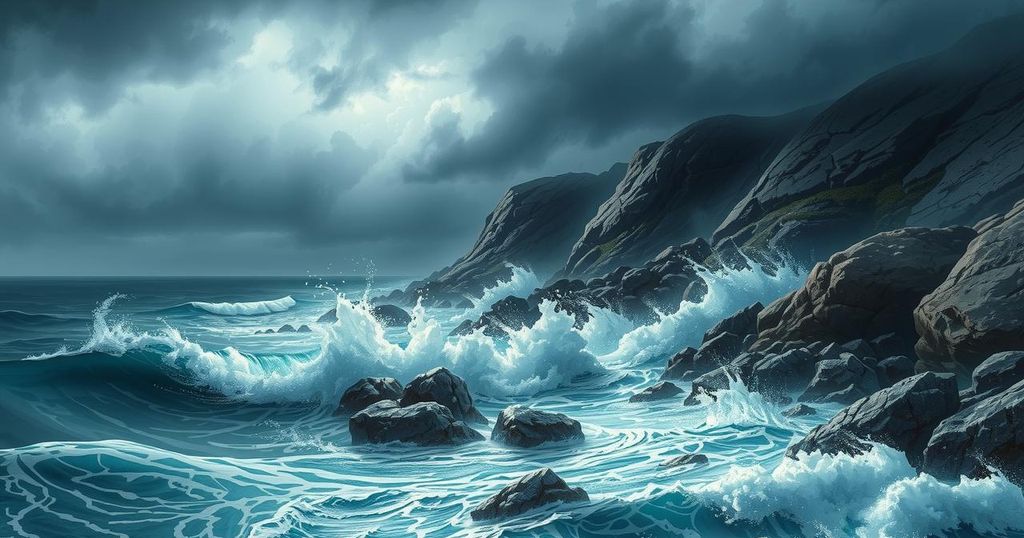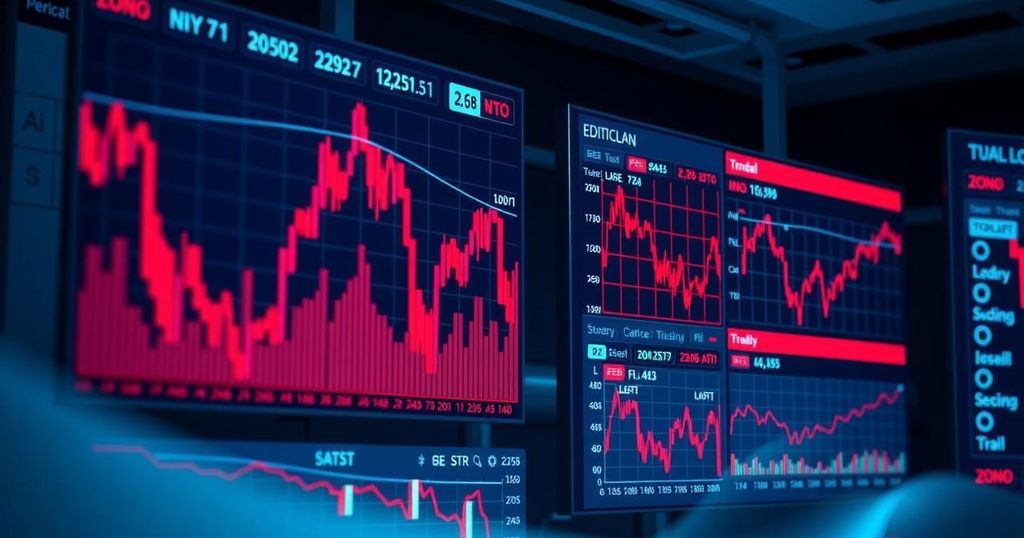Zimbabwean Political Unrest: An Examination of Mnangagwa’s Regime
The political situation in Zimbabwe is tense as President Mnangagwa fortifies his power amidst threats from Vice President Chiwenga and opposition calls for protests. Despite widespread discontent, the likelihood of genuine change remains doubtful, with fears that any coup would merely replace leadership without altering the entrenched systems of governance.
Emerson Mnangagwa has ruled Zimbabwe since the military coup that ousted Robert Mugabe in 2017, securing his position through two contentious elections. Recently, however, concerns have arisen regarding a potential repeat of history. To mitigate such risks, Mnangagwa has made significant changes in key military and intelligence positions, indicating a strategy to fortify his regime against any coup attempts.
Vice President Constantino Chiwenga, who has long aspired to the presidency, reacted negatively to suggestions that Mnangagwa may seek a third term through constitutional amendments. Following this, a discontented coalition of political elites and liberation war veterans has called for mass protests scheduled for March 31, signaling rising dissent against the current administration.
Public discontent is palpable, with approximately two-thirds of Zimbabweans feeling that the country is on the wrong track. Concurrently, the World Bank reports a troubling upward trend in the national poverty rate. Despite this discontent, skepticism prevails regarding Chiwenga and his faction, as their history of suppressing dissent suggests a continuance of the old guard’s disregard for genuine reform in governance.
Historically, the end of Mugabe’s reign stemmed from intense competition among factions within the ruling party. Should a coup transpire now, it is unlikely to be celebrated by the populace, as the memory of previous upheavals lingers. Political manipulation has systematically dismantled viable opposition forces, leaving little hope for a transformational government. If military action occurs, it may simply lead to a change in leadership without significant shifts in policy or governance.
In conclusion, the political landscape in Zimbabwe remains fraught with tensions as President Mnangagwa bolsters his power amidst threats of discontent from various quarters, especially Vice President Chiwenga. Although widespread dissatisfaction exists among the citizens, the prospects for transformative change under any new leadership appear bleak. The potential for another coup, should it occur, may ultimately reaffirm existing power structures rather than usher in a new era of governance.
Original Source: www.cfr.org








Post Comment